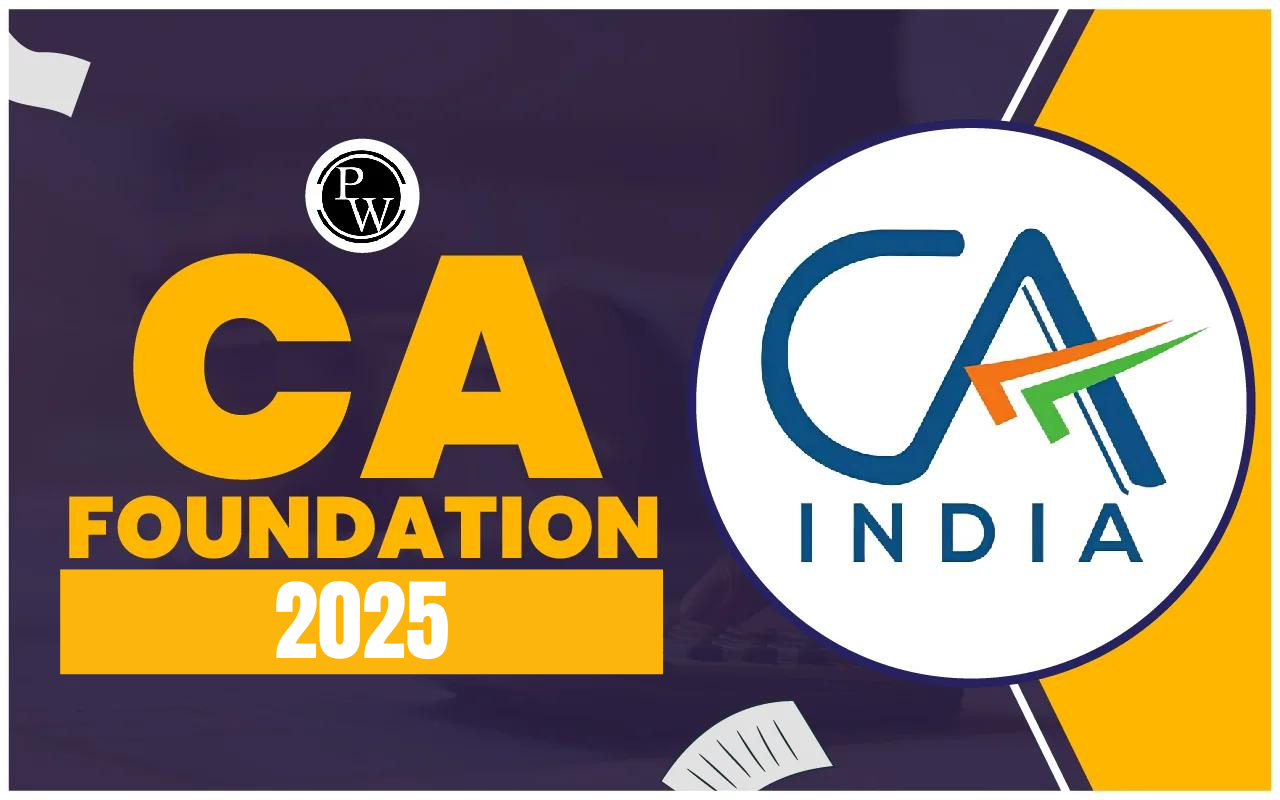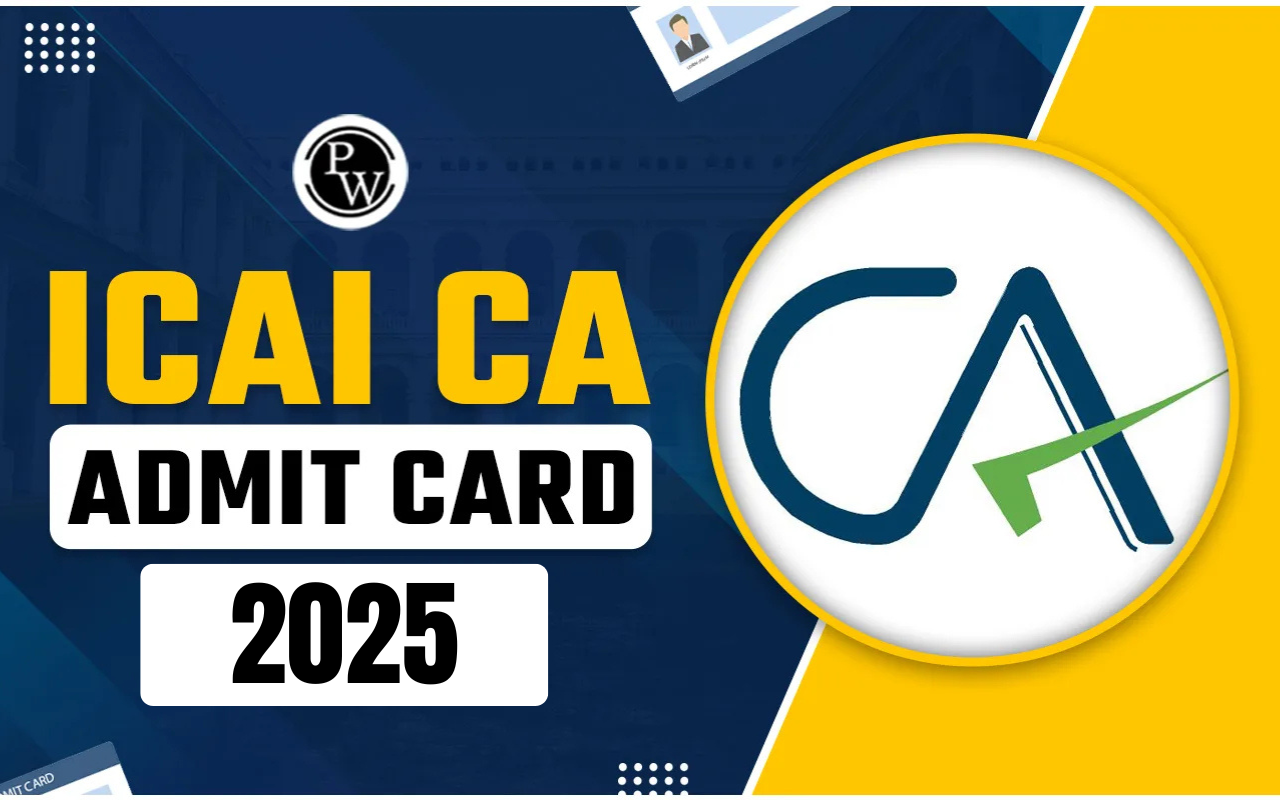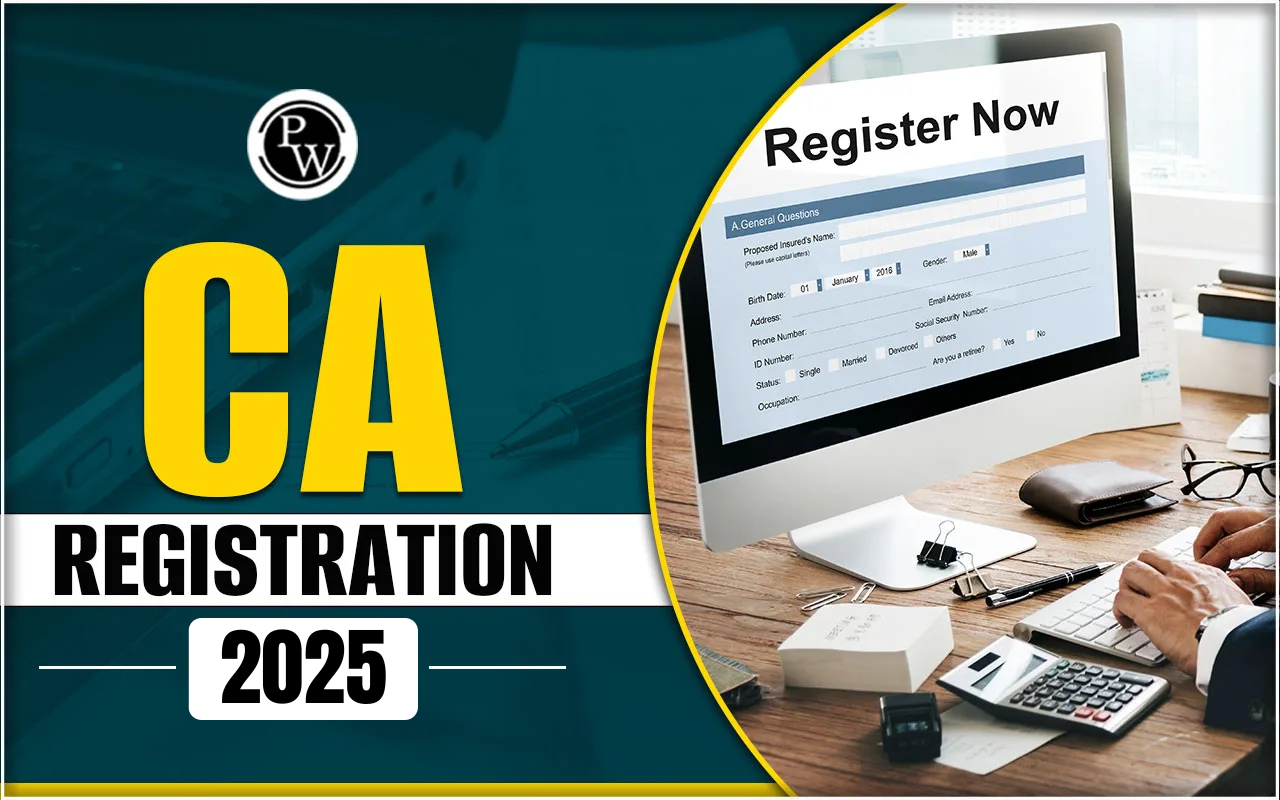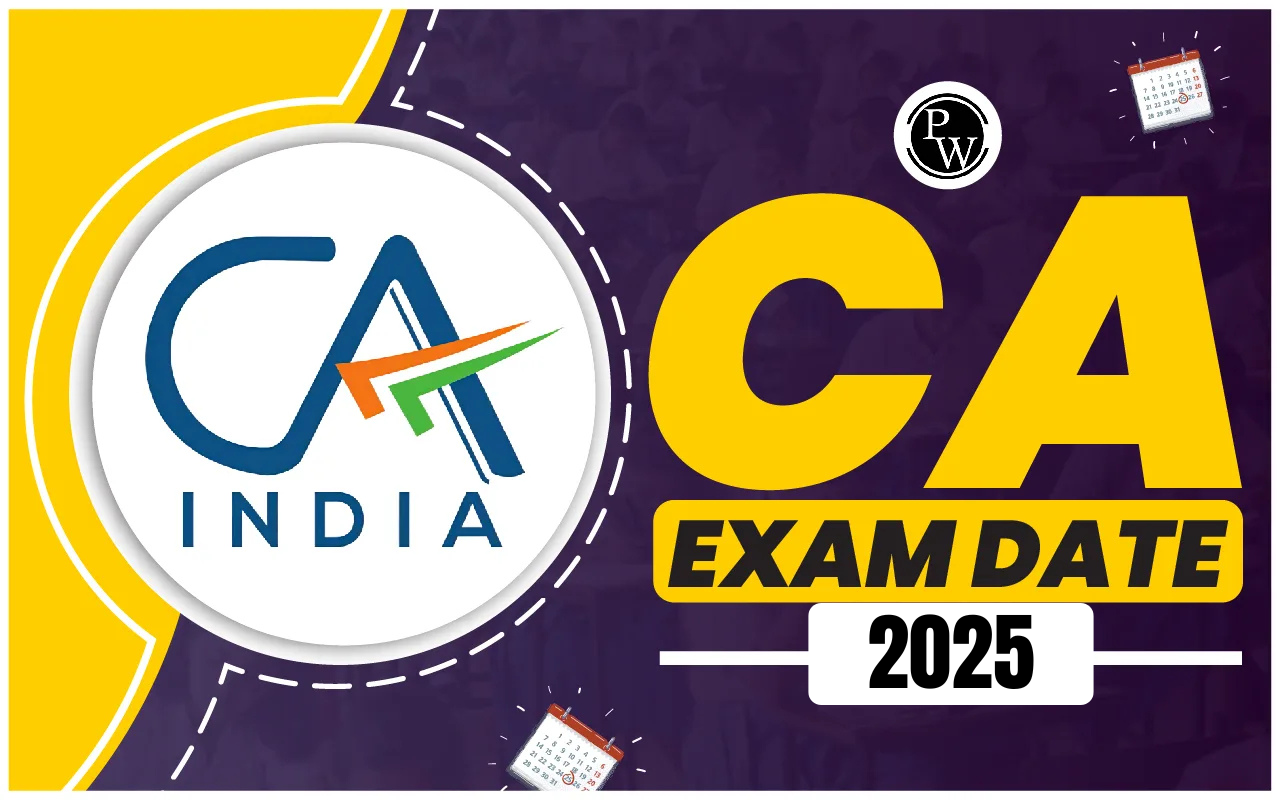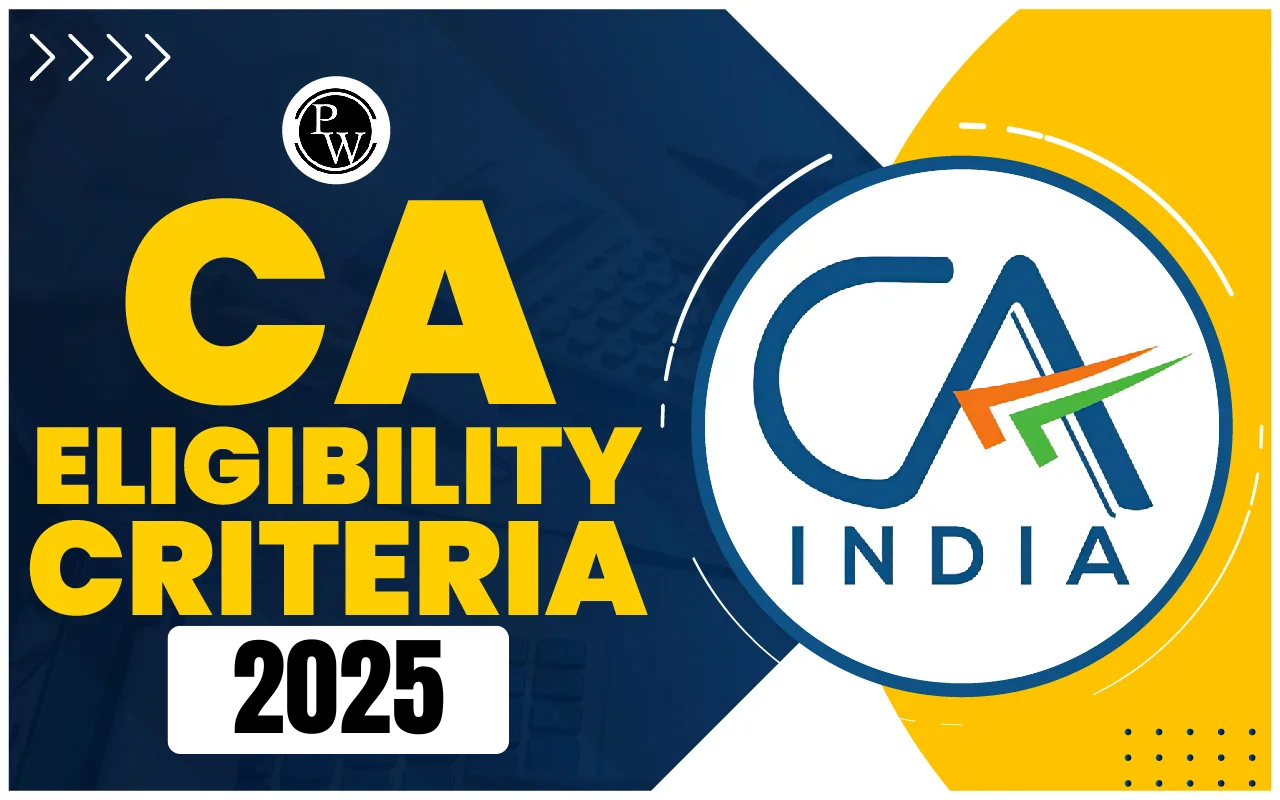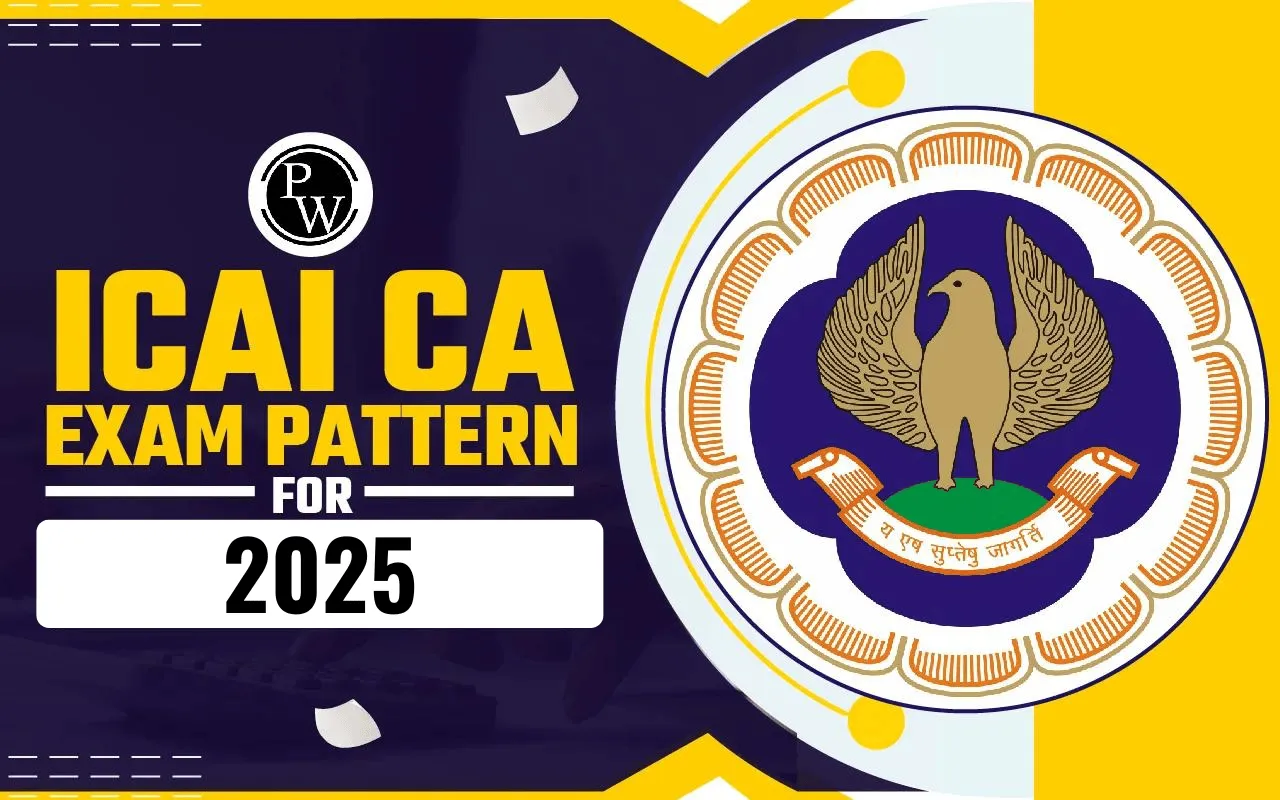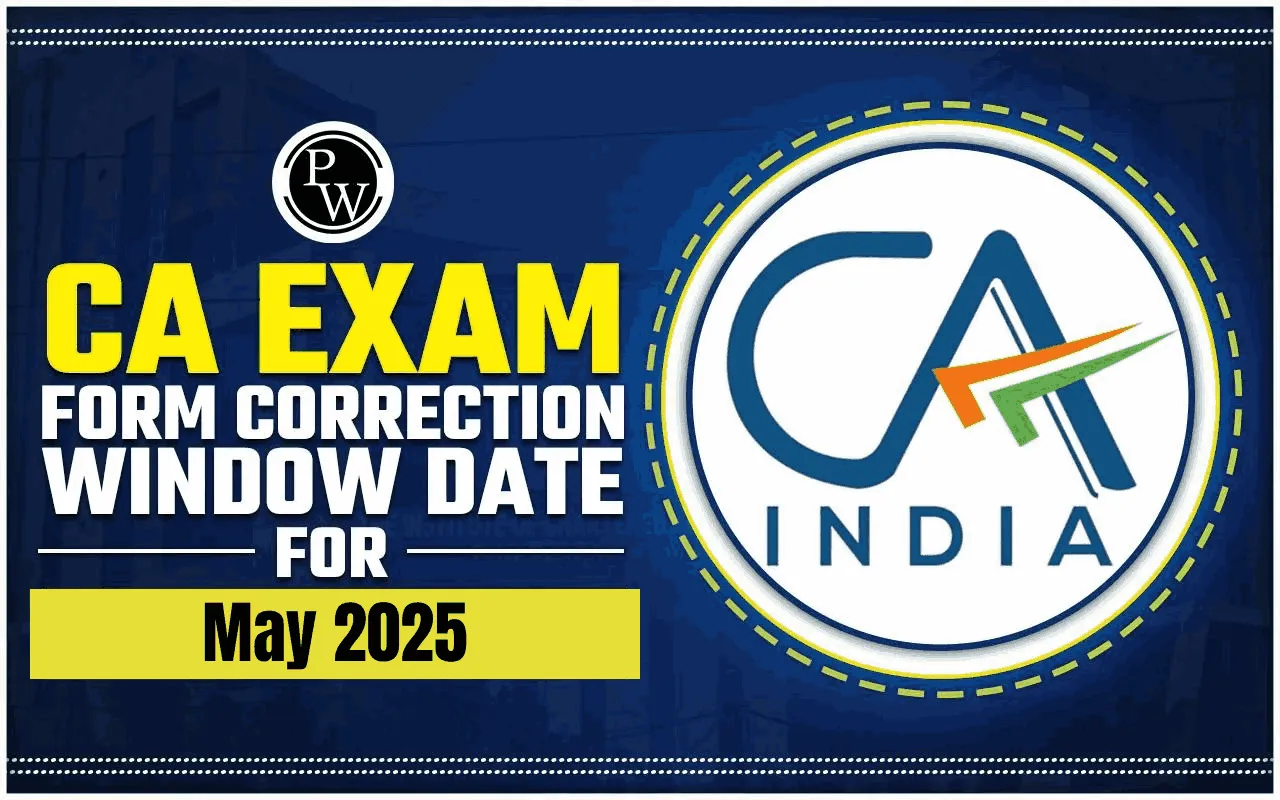
In the intricate landscape of taxation in India, the requirement for income tax returns is a topic of paramount importance. The Income Tax Act of 1961, the cornerstone of India's tax regulations, lays down the criteria for when individuals and businesses are obligated to undergo an income tax audit.
The primary objective of such an audit is to ascertain compliance with various provisions of the Income Tax Law and ensure the fulfillment of other statutory requirements. In this comprehensive guide, we delve into the intricacies of who is mandated to get their accounts audited before filing their Income Tax Returns (ITR) and the consequences of non-compliance.Essence of Income Tax Returns
An income tax audit is a specialized examination of an individual's or a business entity's financial records, conducted by a qualified Chartered Accountant (CA). It serves as a vital tool for the tax authorities to assess the veracity of the information provided in the ITR (Income Tax Returns) and the adherence to tax laws and regulations. This audit is distinct from audits conducted under other statutes, such as the Companies Act, 2013, and is governed by specific provisions outlined in Section 44AB of the Income Tax Act.Who is Required to Account Audit Before Filing Income Tax Returns
Business Income
Business entities are among the primary categories of taxpayers that may find themselves subject to mandatory income tax audits. The threshold for this requirement is determined by the total sales, turnover, or gross receipts generated during the previous financial year (the year for which ITR is being filed). As per the current regulations, businesses must undergo an income tax audit if their sales, turnover, or gross receipts exceed Rs 1 crore. However, this threshold can be increased to Rs 10 crore if cash transactions, both receipts, and payments, during the year do not exceed 5% of the total receipts or payments. Even if a business's turnover falls below the prescribed audit threshold, it may still be liable for an audit if it is eligible for the presumptive tax scheme under Section 44AD. This requirement applies if the business's income surpasses the basic exemption limit, and it has previously opted for the presumptive scheme in any of the preceding five years but chooses not to do so in the current year.Professional Income
Professionals, including doctors, Chartered Accountants, lawyers, and others, also fall under the purview of mandatory income tax audits. For professionals, the threshold is based on gross receipts from their profession during the financial year for which Income Tax Returns (ITR) is being filed. If a professional's gross receipts exceed Rs 50 lakh, they are required to have their accounts audited. Interestingly, even if a professional's gross receipts are below the audit threshold of Rs 50 lakh, they may still be obligated to undergo an income tax audit if they report their income as less than 50% of their gross receipts. This provision ensures that professionals accurately disclose their income, even if it falls below the prescribed limit.Consequences of Not Conducting a Tax Audit
Failure to comply with the mandatory income tax audit requirement can have serious repercussions for taxpayers. If an individual or business was obligated to undergo a tax audit and failed to do so, the Income Tax Returns they submit will be deemed defective. This defectiveness renders the tax return invalid in the eyes of the tax authorities. In addition to the defective Income Tax Returns status, a penalty may also be imposed on the individual or entity at fault. The penalty provisions are outlined in the Income Tax Act, and the specific penalty amount can vary depending on the circumstances and the severity of the non-compliance. Therefore, it is imperative for taxpayers to adhere to the tax audit requirements to avoid legal consequences and financial penalties. The Income Tax Act of 1961 mandates specific categories of taxpayers to undergo income tax audits, as stipulated in Section 44AB. These audits play a critical role in ensuring tax compliance and maintaining the integrity of the taxation system in India. Business entities with substantial turnover and professionals with significant gross receipts must pay close attention to these audit requirements to avoid penalties and maintain a clean tax record. It is essential for taxpayers to be aware of their obligations under the law and engage with qualified Chartered Accountants to conduct their income tax audits in a timely and accurate manner. By doing so, individuals and businesses can not only fulfill their legal obligations but also ensure the accuracy and transparency of their financial records, ultimately contributing to a more robust and equitable tax system in India.Who Needs an Account Audit Before Filing Income Tax Returns? FAQs
Who needs to undergo an income tax audit in India?
Individuals and businesses with specific turnover or gross receipt thresholds must undergo income tax audits, as mandated by the Income Tax Act. This includes businesses with turnover exceeding Rs 1 crore and professionals with gross receipts over Rs 50 lakh.
What happens if I don't conduct the required income tax audit?
If you're obligated to undergo an income tax audit but fail to do so, your submitted Income Tax Return (ITR) will be deemed defective. Moreover, you may face penalties as specified in the Income Tax Act.
Are there any exceptions to the income tax audit requirement?
Yes, there are exceptions. For example, if a professional reports income less than 50% of gross receipts, they may still need an audit, even if receipts are below the threshold. It's crucial to consult with a Chartered Accountant for specific guidance.
What is the deadline for conducting an income tax audit and filing the audit report?
Taxpayers required to undergo income tax audits must ensure that the audit report is uploaded on the income tax portal by September 30 each year. The deadline for filing the Income Tax Return (ITR) for these taxpayers is October 31 annually.
Can I opt for the presumptive tax scheme to avoid income tax audits?
Yes, for businesses, opting for the presumptive tax scheme under Section 44AD can exempt you from mandatory audits if your income falls within the scheme's provisions. However, if you meet specific conditions, you must still get an audit even if your turnover is below the threshold.
Talk to a counsellorHave doubts? Our support team will be happy to assist you!

Check out these Related Articles
Free Learning Resources
PW Books
Notes (Class 10-12)
PW Study Materials
Notes (Class 6-9)
Ncert Solutions
Govt Exams
Class 6th to 12th Online Courses
Govt Job Exams Courses
UPSC Coaching
Defence Exam Coaching
Gate Exam Coaching
Other Exams
Know about Physics Wallah
Physics Wallah is an Indian edtech platform that provides accessible & comprehensive learning experiences to students from Class 6th to postgraduate level. We also provide extensive NCERT solutions, sample paper, NEET, JEE Mains, BITSAT previous year papers & more such resources to students. Physics Wallah also caters to over 3.5 million registered students and over 78 lakh+ Youtube subscribers with 4.8 rating on its app.
We Stand Out because
We provide students with intensive courses with India’s qualified & experienced faculties & mentors. PW strives to make the learning experience comprehensive and accessible for students of all sections of society. We believe in empowering every single student who couldn't dream of a good career in engineering and medical field earlier.
Our Key Focus Areas
Physics Wallah's main focus is to make the learning experience as economical as possible for all students. With our affordable courses like Lakshya, Udaan and Arjuna and many others, we have been able to provide a platform for lakhs of aspirants. From providing Chemistry, Maths, Physics formula to giving e-books of eminent authors like RD Sharma, RS Aggarwal and Lakhmir Singh, PW focuses on every single student's need for preparation.
What Makes Us Different
Physics Wallah strives to develop a comprehensive pedagogical structure for students, where they get a state-of-the-art learning experience with study material and resources. Apart from catering students preparing for JEE Mains and NEET, PW also provides study material for each state board like Uttar Pradesh, Bihar, and others
Copyright © 2025 Physicswallah Limited All rights reserved.
